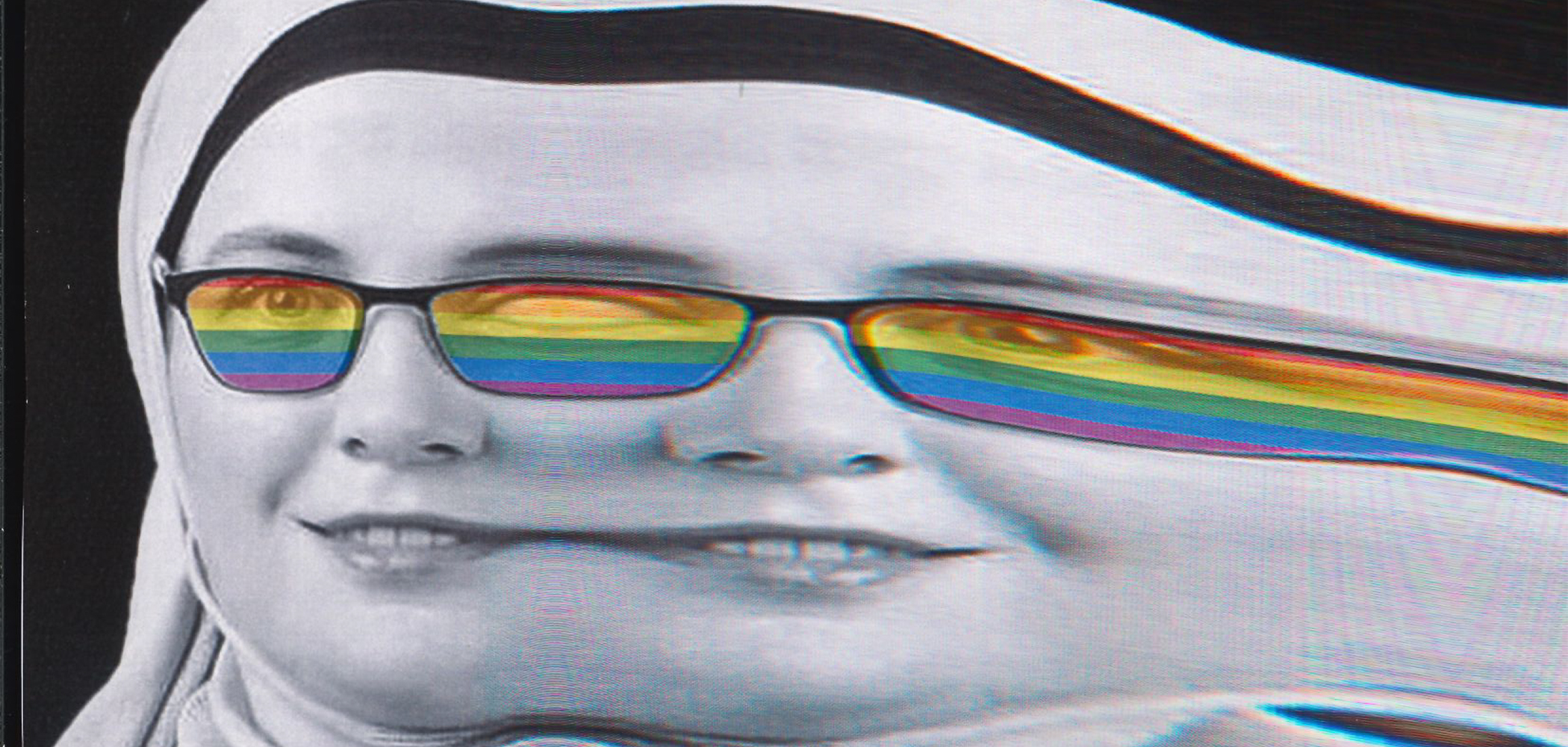
The human rights committee must not harbor homophobia
Bigotry without consequence in the Kosovo Assembly.
Demi-Murtezi’s conduct gravely undermines the legitimacy of her and her colleagues’ work.
Our trust in public officials, like Demi-Murtezi and Konjufca, is eroded when they neglect their ethical responsibilities.
Holding elected officials accountable for their words and actions is essential in combating disinformation and building a just society.
Standing firm against homophobic assembly members like Demi-Murtezi is a fundamental step toward building a more inclusive society.

Duggi Nokaj
Duggi Nokaj studied at “Faik Konica” journalism school for a year. He graduated with a Bachelor of Business Administration degree, with a concentration in accounting from Florida Atlantic University. He enjoys traveling, reading and hanging out with family and friends.
DISCLAIMERThe views of the writer do not necessarily reflect the views of Kosovo 2.0.
This story was originally written in English.